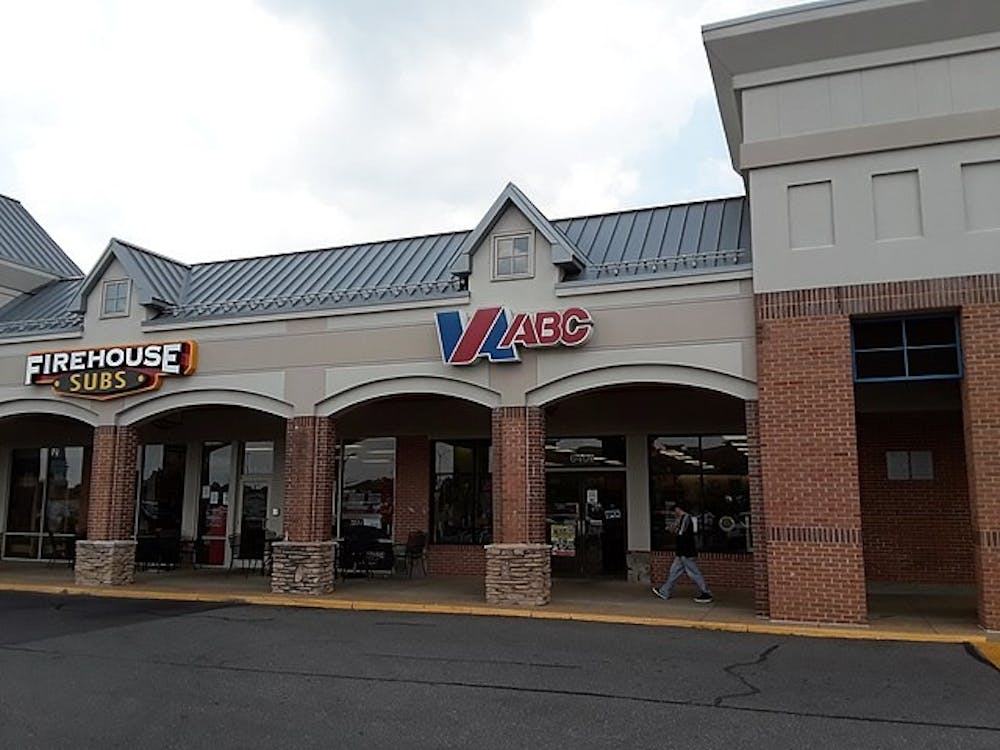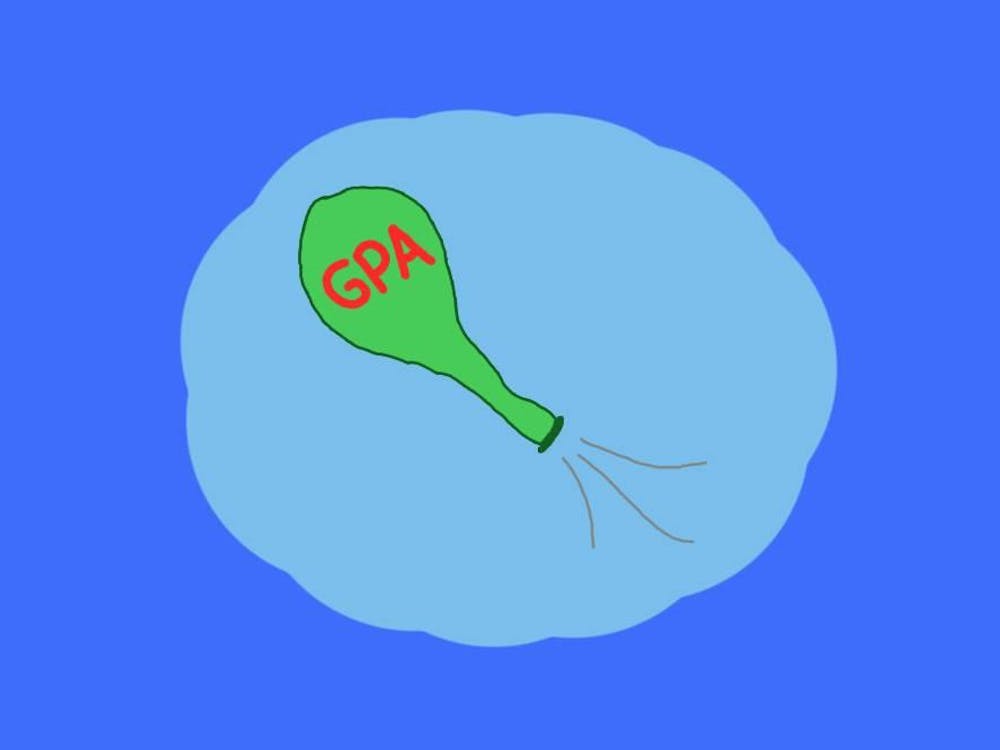In civics classrooms across the country, children learn the various roles of government — providing public services, promoting welfare, ensuring safety, etc. Curiously missing from most civics lessons however is the idea that the government — either state or federal — is responsible for the distribution of hard liquor. Yet, in Virginia and 17 other states, this happens to be very much the case. While beer and wine can be sold at any licensed business in Virginia, liquor is required to be sold at state-owned and operated Virginia Alcohol and Beverage Control stores. With more than 4,400 employees and 380 stores, the ABC system is the very definition of a state monopoly. As a result, the Commonwealth’s liquor stores inherently stifle competition and harm consumers. Considering this, the time has more than passed for the General Assembly to privatize liquor sales throughout the Commonwealth.
The Va. ABC system came into existence following the ratification of the 21st Amendment and the subsequent end to prohibition. John Garland Pollard — governor at the time and an ardent prohibition advocate — oversaw the creation of the Va. ABC in 1934 as a “new weapon [against an] age old evil.” For the next 87 years, the Va. ABC would, with some changes, continue to exercise its monopoly over liquor sales within the Commonwealth. In 2010, Governor Bob McDonnell sought to privatize the Va. ABC system as part of a broader policy agenda. However, this initiative eventually failed and discussion of the issue has since largely fizzled out.
The previous conversation surrounding McDonnell’s proposal was problematic. Most seemed to be concerned with the impact on state revenue, and not with how the average consumer would be affected or whether it was proper for the state to dominate the distribution of liquor in the first place. These are both questions of paramount importance. Economics will tell you that in nearly all circumstances, monopolies, by eliminating competition, create artificially higher prices and diminish incentives for firms to innovate. Within the context of liquor sales, this manifests in the Va. ABC imposing a 69% markup on distilled spirits, offering limited variety and having inconvenient hours. As a result, consumers suffer. Beyond market implications, one also needs to ask whether the Commonwealth is justified in maintaining such a monopoly in the first place. If a consenting adult wants to buy a legal product with their own money, it seems rather excessive for the state to control the who, what, where and when of that purchase and levy several taxes.
It is important to note that there are well-intentioned and reasonable arguments against privatization. For one, the Commonwealth would lose out on a lucrative stream of revenue. In 2020 alone, Va. ABC stores contributed $212.1 million in net profit to the Commonwealth’s General Fund. Additionally, there is reason to be concerned that the expansion of liquor stores may come with an associated increase in crime and excessive alcohol consumption.
I would be admittedly lying if I were to say there was some policy measure that would perfectly address both these concerns — however, the Commonwealth could take measures to mitigate these impacts. First, the auctioning off of private liquor licenses and the expected increased excise tax revenue sales can both help to offset a loss in profits. However, concerns over lost revenue seem fairly trivial given that Va. ABC profits comprise less than half a percent of the General Fund which itself only accounts for 32.8% of the Commonwealth’s budget. Second, with respect to public welfare concerns, the Commonwealth can engineer the granting of licenses and zoning codes in a manner that prevents liquor stores from clustering in low-income neighborhoods. Increased compliance checks at alcohol stores may also induce store owners to be vigilant against underage customers.
However, while these concerns may be genuine, arguments against privatization that are borne out of either fiscal or public health considerations rely upon a flawed logic that treats distilled spirits as fundamentally different than any other consumer product. If the Commonwealth is justified in maintaining its liquor monopoly because it is profitable, then surely there are other industries in Virginia that could prove equally as lucrative if they were placed under state control. Under this line of thinking, the state should monopolize those sectors as well. Yet most would find this antithetical to the value Americans place in competitive marketplaces — underscoring the absurdity of this argument when generalized to products besides liquor. Additionally, if the state is justified in monopolizing liquor sales due to liquor’s impact on health and crime, we must accept that distilled spirits are far more odious than tobacco, firearms, beer and wine, which are all allowed to be privately sold. If liquor was the sole consumer product that was so reprehensible as to warrant monopolization, one would hopefully not expect to see the agency tasked with “alcohol education and prevention” comically also featuring a promotions page on their website advertising seasonal liquor specials and discounts.
All in all, the Va. ABC is a vestige of the social conservatism of the 1930s. Under the current system, the state inappropriately entrenches itself in economic life to the detriment of consumers. It’s time for Virginia to join the vast majority of the country and privatize its retail liquor industry.
Max Bresticker is an Opinion Columnist for The Cavalier Daily. He can be reached at opinion@cavalierdaily.com.
The opinions expressed in this column are not necessarily those of The Cavalier Daily. Columns represent the views of the authors alone.





